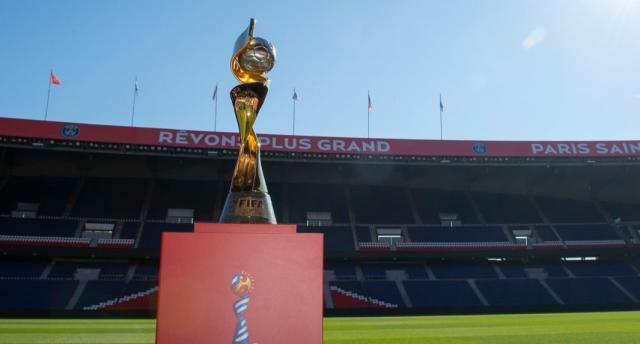
South Africa dropped out of the race to host the 2023 FIFA Women’s World Cup. The announcement was made by the South African Football Federation. FIFA’s deadline for submissions of bid books and other relevant documents passed on December 13th and South Africa announced that it wouldn’t be going forward with its bid.
The speculations regarding why the Football Federation decided to back out of the bid center around the economic crisis in the country. The government has been reluctant to spend additional funds on the very costly campaign to host the World Cup amid the hard times for the country. The federation made the announcement saying that they want to strengthen the women’s national league first before inviting the world to come and play. The chief executive officer of SAFA, Hay Mokoena said that they would definitely be considering bidding for 2027, and the federations think that by that time South Africa will have a stronger women’s league and a much stronger women’s national team.
Who are the other candidates?
Meanwhile, Australia and New Zealand are moving forward with the joint bid. Fifa announced earlier this year that they would be taking joint bids in order to take the flagship women’s football event to more people and to spread the costs and burden on hosting 32 teams across 2 countries.
FIFA Women’s World Cup will take place in June and July 2023 and the host will be selected by the end of March 2020.
While the women’s sports team has struggled to be taken seriously for decades now attitudes are changing. Even the soccer betting sites are now accepting bids about women’s football games and it is a big step towards normalizing women’s sport as a profession, not a hobby.
Along with Australia and New Zealand, South Korea and North Korea were competing for the bid. But recently the two announced that they would also be dropping out of the race. The relationship between the two has been getting worse over the past few weeks. While the two countries were encouraged to collaborate on this campaign the bid seemed like too much for the two countries to handle. Apparently, the dialogue around the joint bid became impossible and South Korea said that it cannot continue with a sole bid due to new FIFA legislation around organizing committees that run counter to South Korean laws. The Korean Football Association attempted to reach a compromise with FIFA but it wasn’t possible and the South Korean government could not approve the bid.
So, for now, the four bids still in place are from Brazil, Colombia, and Japan along with Australia and New Zealand.
The future of Women’s Football
Now that the bids have been accepted the FIFA governing body will conduct inspection visits to all of these countries between January and February of next year and the final decision will be made at the FIFA council meeting in Ethiopia’s capital city of Addis Ababa in June 2020.
This was the record number of countries expressed their interest to bid on the campaign. Among the others who didn’t end up making to the final four were Argentina and Bolivia.
The next FIFA Women’s World Cup will also host the biggest number of teams, having increased from 24 to 32 this year. After “France 2019” a lot is expected to change in Women’s football.
This trend of generating interest across member associations will likely change the way fans and football lovers see Women’s football. It is not upon FIFA to ensure that the developments are positive, ethical and transparent. Even choosing a host this time around is a much bigger deal and the association claims that it will treat the decision with the utmost objectivity.
All of the candidate countries have a chance to bring something different to the tournament and have different advantages to offer and all of them have the experience of hosting a major sporting event so the high level of readiness is expected everywhere. The process of choosing will be lengthy but in the end, it will hopefully deliver the best possible results for the Women’s World cup, the player and the fans alike.
Support InfoStride News' Credible Journalism: Only credible journalism can guarantee a fair, accountable and transparent society, including democracy and government. It involves a lot of efforts and money. We need your support. Click here to Donate
